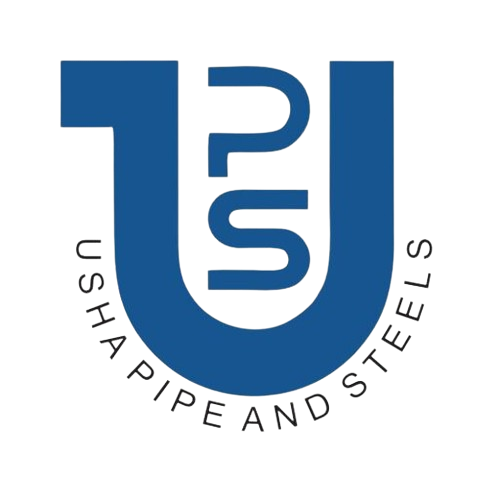Customized Pipe
- Home
- Customized Pipe
Product Description
Customized steel pipes refer to pipes that have been tailored or modified to meet specific requirements, often in industrial or construction applications. These pipes are designed with unique specifications, dimensions, or features that deviate from standard, off-the-shelf pipes. The customization process allows for the adaptation of steel pipes to suit particular project needs, ensuring optimal performance and functionality.
Types of Customized Pipes
- Round Pipe
- Square Pipe
- Rectangular Pipe
- Oval Pipe
- Hexagonal Pipe
Round Pipe
This is the most common and versatile shape of steel pipe. It is used in a wide range of applications, including water and gas distribution, structural support, and general fluid transportation.
Square Pipe
Square pipes have four equal sides and right-angle corners. They are often used in structural applications, construction, and for the creation of frames or supports where a square cross-section is preferable.
Rectangular Pipe
Similar to square pipes, rectangular pipes have two pairs of opposite sides that are unequal in length. They are commonly used in construction for building frames and structures.
Oval Pipe
Oval pipes have an elliptical cross-section. They are used in various applications, including architectural designs where a unique or aesthetic shape is desired.
Hexagonal Pipe
Hexagonal pipes have six sides and are less common than round, square, or rectangular pipes. They may be used in special applications where the hexagonal shape provides specific advantages.
Previous slide
Next slide
Uses of Customized Pipes
Different types of steel pipes are used in various industries and applications based on their specific properties and characteristics. Here are some common types of steel pipes and their typical uses:
- Carbon steel pipe: Carbon steel pipes are widely used in various industrial applications, including oil and gas transportation, water supply, structural applications, and general piping systems. They are known for their strength and durability.
- Stainless Steel Pipe: Stainless steel pipes are corrosion-resistant and have high strength. They find applications in industries such as chemical processing, food and beverage, pharmaceuticals, petrochemicals, and marine engineering. Stainless steel pipes are also commonly used in architectural and decorative applications.
- Galvanized Steel Pipe: Galvanized steel pipes are coated with a layer of zinc to prevent corrosion. They are commonly used in water supply systems, plumbing, construction, and outdoor structures. Galvanized pipes are also used in agricultural irrigation and for fencing purposes.
- Alloy Steel Pipe: Alloy steel pipes have enhanced properties due to alloying elements such as chromium, molybdenum, and nickel. They are used in applications where high strength, temperature resistance, and corrosion resistance are required. Common uses include oil and gas pipelines, power plants, and automotive components.
- Mild Steel Pipe: : Mild steel pipes, known for their affordability and ease of welding, are used in various structural applications, water supply, and general-purpose piping systems. They are commonly used in construction and building projects.
- Ductile Iron Pipe: Ductile iron pipes are used for water and sewage systems due to their strength and durability. They are also used in industrial applications where resistance to heavy loads and pressure is necessary.
- Copper Pipe: Copper pipes are often used in plumbing and water supply systems due to their corrosion resistance and ability to handle high temperatures. They are also used in HVAC (heating, ventilation, and air conditioning) systems.
- Corrugated Steel Pipe: Corrugated steel pipes are used in drainage systems, culverts, and stormwater management. They are known for their strength and flexibility, making them suitable for withstanding dynamic loads.
